Search
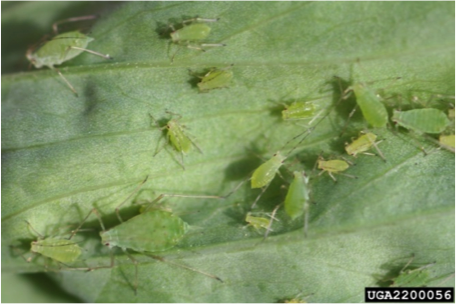
Soybean Aphids in South Dakota
Factsheet on Soybean Aphids in South Dakota
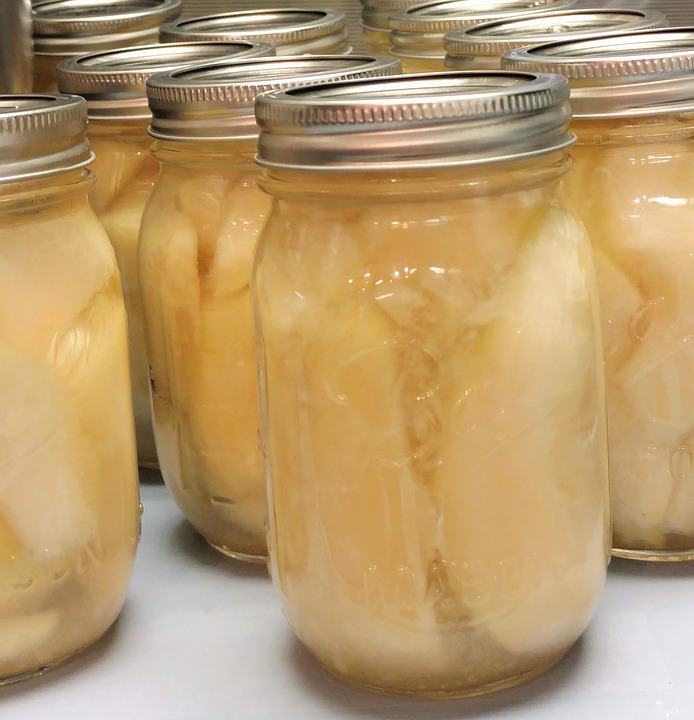
Water Bathing vs. Pressure Canning
Water bathing and pressure canning are two common ways to preserve foods by canning. These techniques use heat processing to preserve foods, and which technique you use depends on the acidity of the food.
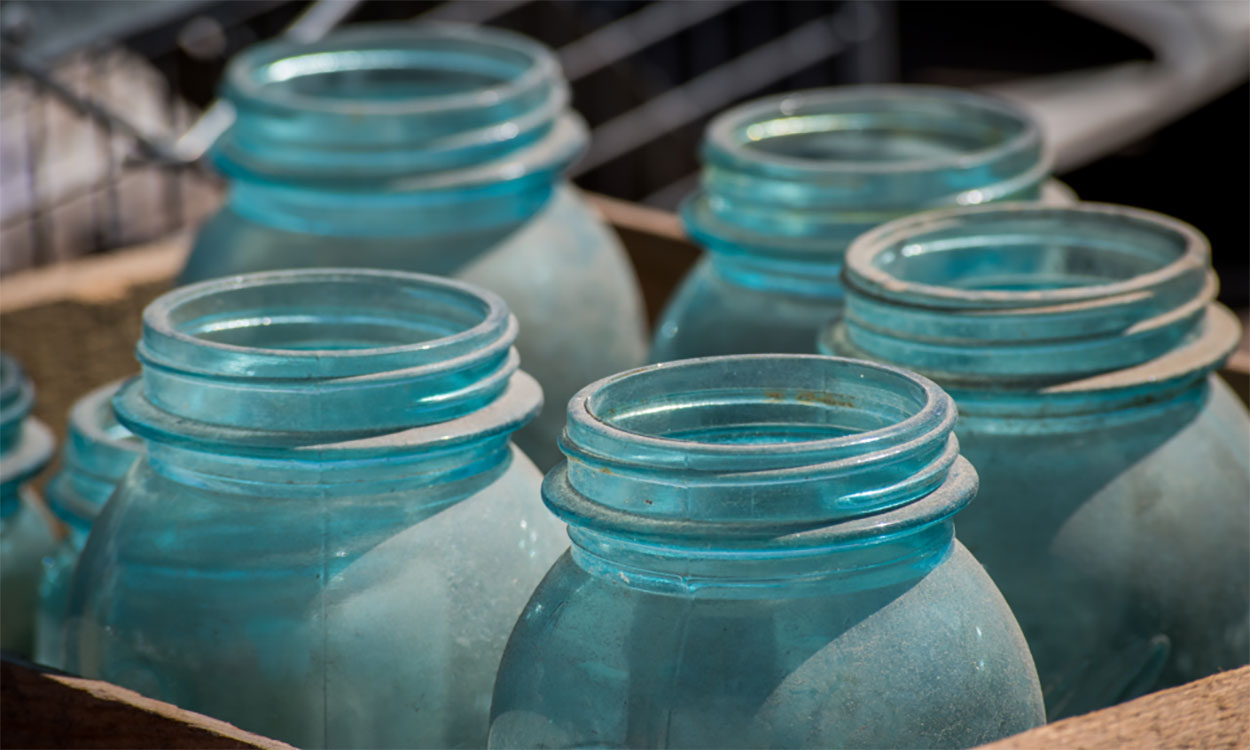
Canning Jar Update
Before you start canning, take some time to learn the latest canning jar safety updates, including safe jar types, lid selection and handling practices.
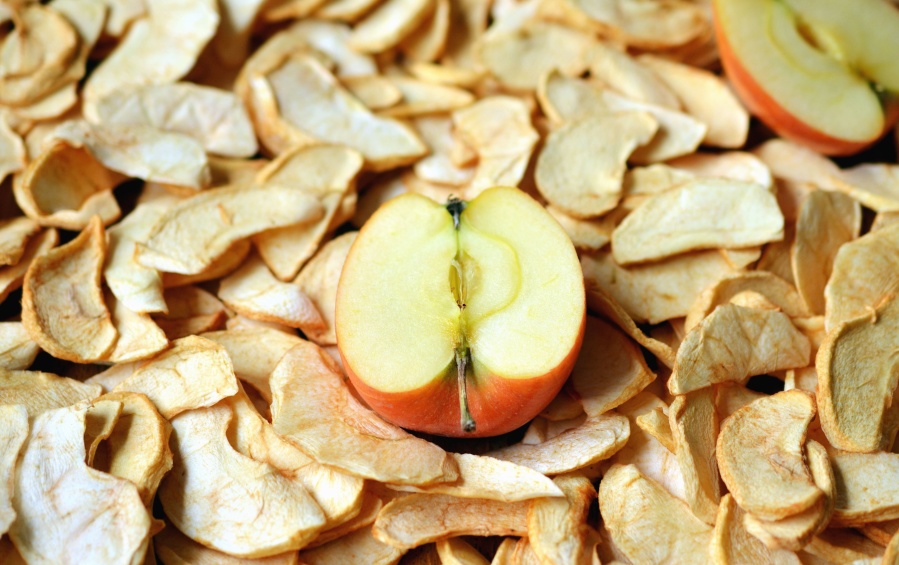
Extend the Life of Your Produce: Dry Your Food!
Drying or dehydrating gives you the ability to extend the life of your fresh foods to enjoy later.
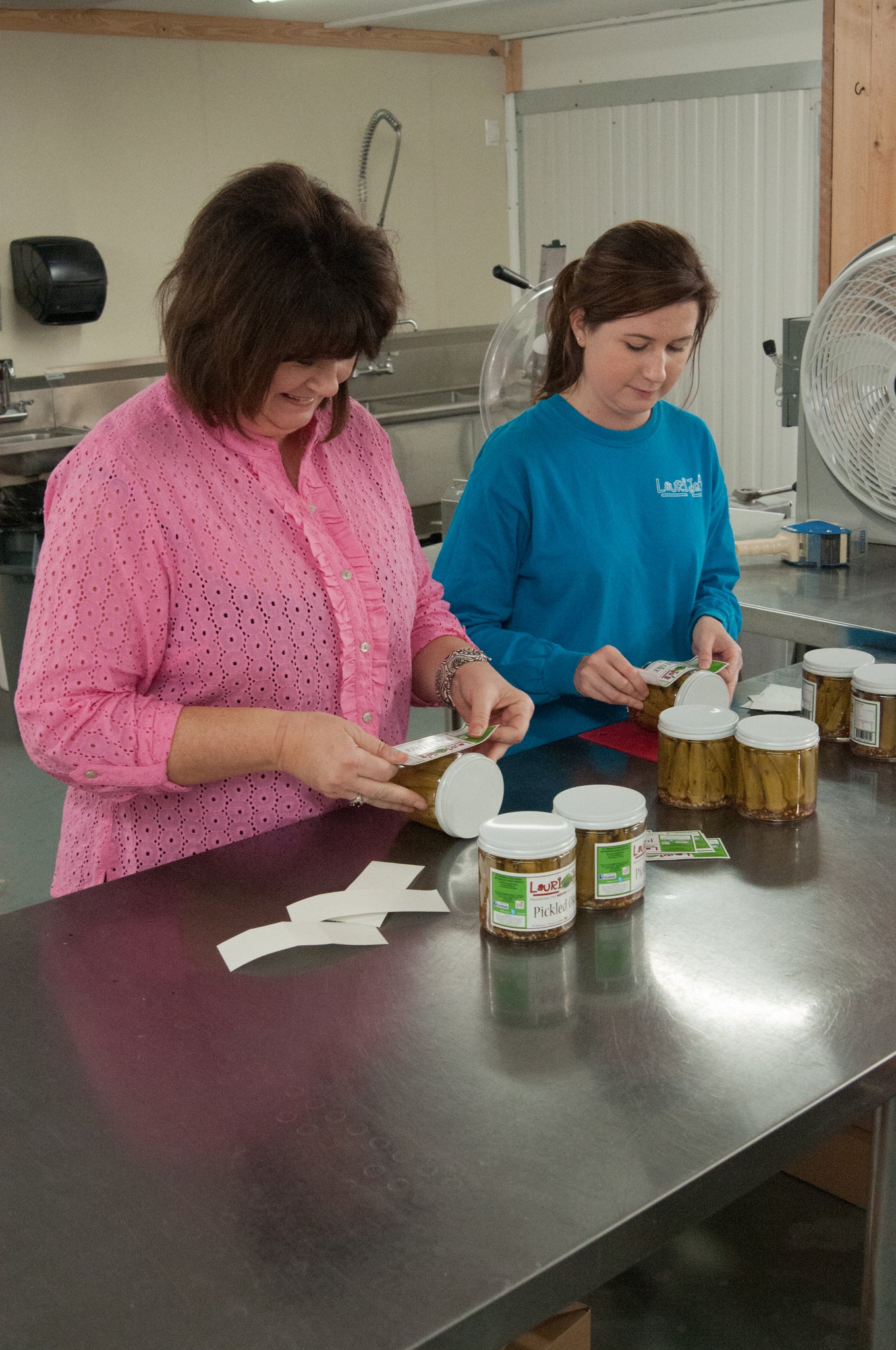
Labeling of Prepared and Processed Foods in South Dakota
Labeling requirements vary in accordance with the type of food that is being sold and in several instances how or where it was prepared or processed.
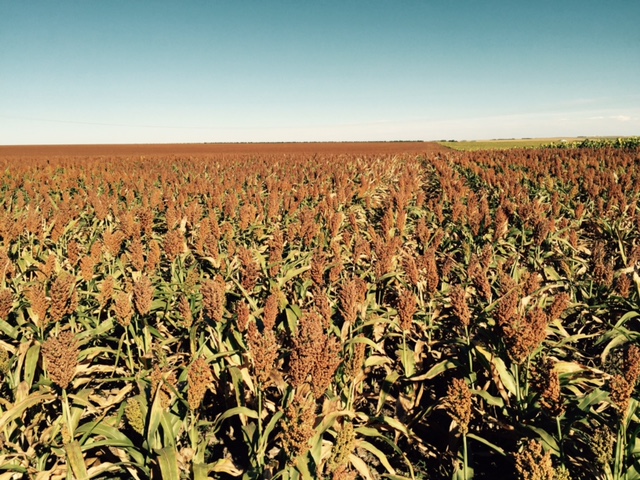
Sorghum Weed Control
Early competition, especially from grass, is critical for successfully controlling weeds in sorghum. There are preemergence as well as postemergence herbicides available for this crop. Early treatment provides the best control of broadleaved weeds with crop stage also being a critical factor for some postemergence treatments.
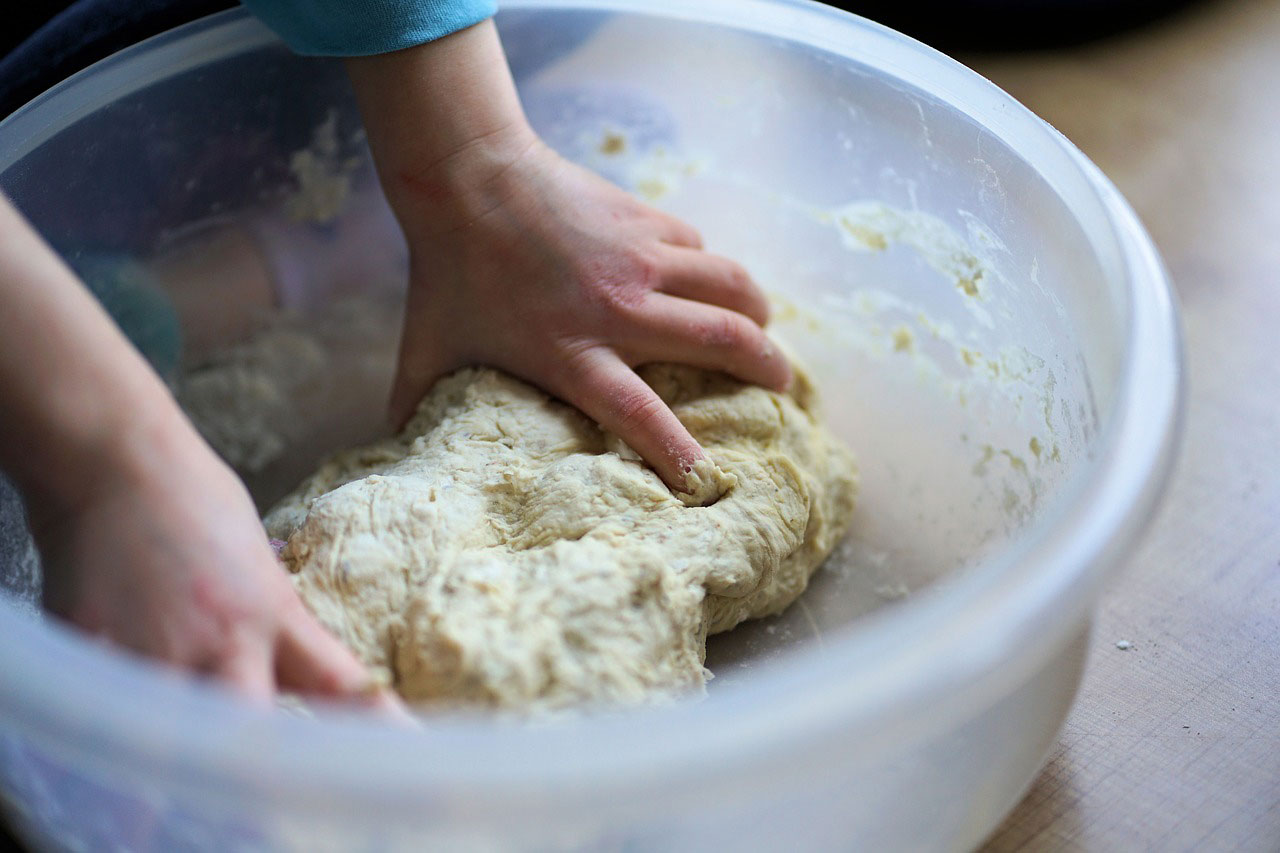
Hydrated Doughs and Batters: How to Safely Handle Food Safety Risks
Making dough and batter is one of the intermediary steps on your way to enjoying great foods, such as scones, cookies, cakes, donuts, pies and more. This article will help you understand the food safety risks associated with food types that have a hydrated batter.

Utilizing Weather-Stressed Corn in Swine Diets
The goals of this factsheet are to help pork producers better understand the nutritional value of weather-stressed corn, how to determine if it’s economical to use, the potential of mycotoxin contamination, and how changes in bulk density affect feed mixing and transportation.
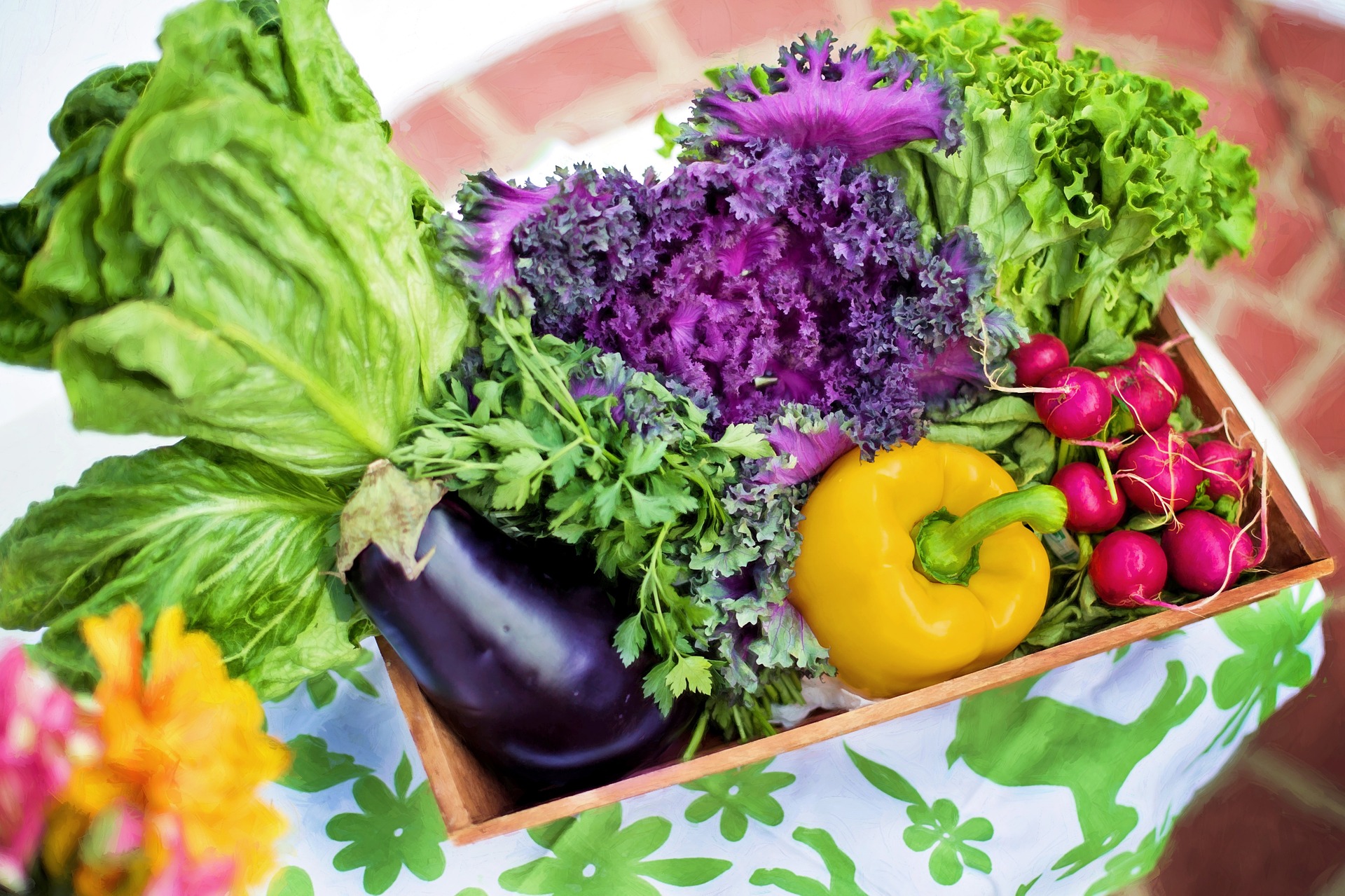
Ask Our Family, Food and Wellness Experts
If you have a question related to family, food or wellness, our team of experts is ready to help.

Youth for the Quality Care of Animals (YQCA) in South Dakota 4-H resources
About YQCA – the national program
Youth for the Quality Care of Animals (YQCA) is a national multi-species quality assurance program for youth ages 8 to 21 with a focus on three core pillars: food safety, animal well-being, and character development. The YQCA program is an annual certification created for youth producing and/or showing beef cattle, dairy cattle, sheep, meat goats, dairy goats, swine, poultry, and rabbits. The program has been designed by extension specialists and national livestock program managers to ensure it is accurate, current and relevant to the needs of the animal industry and shows, and is appropriate for youth learning levels.